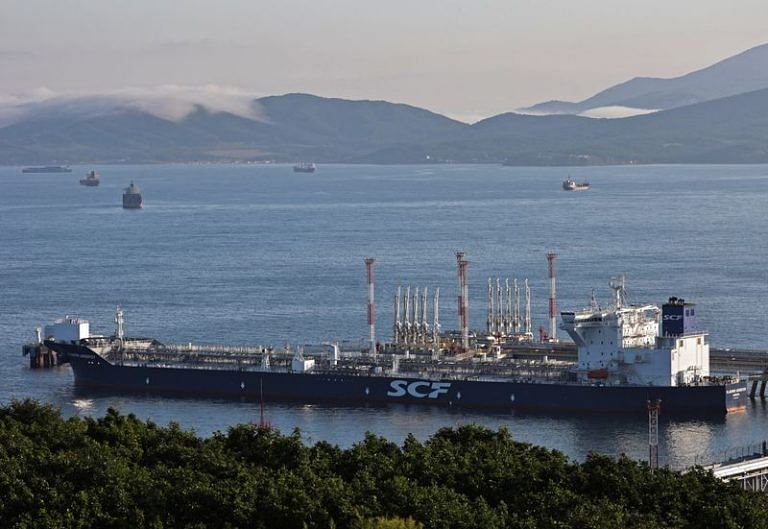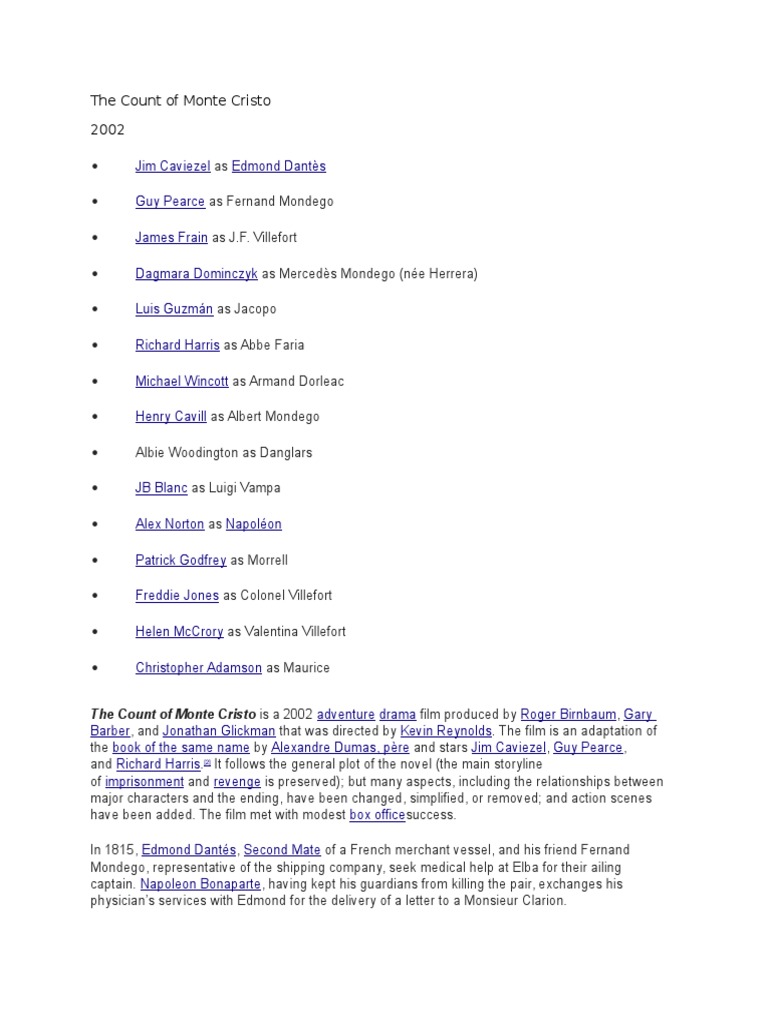OPEC+ And Big Oil: A Standoff On Production Levels

OPEC+'s Stance on Production Cuts
OPEC+, the alliance of oil-producing nations spearheaded by Saudi Arabia and Russia, has consistently defended its strategy of gradual oil production increases. This approach is fundamentally about managing the supply of crude oil to maintain price stability and protect the national interests and revenues of its member states. Their argument centers on preventing a market glut that could lead to a sharp price collapse, jeopardizing their economies.
- Argument for gradual increases: Prevents market flooding, supports price stability, and ensures a steady revenue stream for member nations.
- Concerns about oversupply and potential price collapse: A sudden surge in oil production could lead to a significant drop in prices, hurting the economies of OPEC+ member countries heavily reliant on oil exports.
- Influence of geopolitical factors on production decisions: Geopolitical events and relationships between member nations significantly influence production quotas and overall strategy.
- Internal disagreements within OPEC+ regarding production targets: Reaching consensus amongst diverse member states with varying economic needs and political agendas is a continuous challenge. Negotiations surrounding production quotas often involve intricate power dynamics and compromises.
Big Oil's Push for Increased Production
Major international oil companies (IOCs), including ExxonMobil, Shell, BP, and Chevron (often referred to collectively as "Big Oil"), are pushing for substantially higher oil production levels. Their primary motivation is profit maximization in the face of strong consumer demand and high crude oil prices. They argue that the current production levels are insufficient to meet global needs, leaving significant market share untapped.
- Pressure from shareholders for increased profits and returns: Publicly traded companies face immense pressure to deliver strong financial results to satisfy investors, incentivizing increased production to capitalize on favorable market conditions.
- Capacity to increase production beyond current levels: Many Big Oil companies possess the infrastructure and resources to significantly increase their oil production if they choose.
- Concerns about losing market share to other producers: Big Oil companies are keenly aware of competition from other oil producers, and a failure to meet market demand could result in a loss of market share.
- Potential for windfall profits in a high-price environment: High crude oil prices present a lucrative opportunity to boost profits substantially, prompting calls for increased production to fully exploit this environment.
The Role of US Shale Oil Production
The fluctuating nature of US shale oil production adds another layer of complexity to the global oil market dynamics. US shale oil, produced through hydraulic fracturing ("fracking"), can be brought online relatively quickly compared to traditional oil extraction methods. However, the cost structure of shale oil production is sensitive to price fluctuations. When oil prices fall, many US shale producers curtail their operations, impacting the overall supply. Conversely, periods of high prices encourage increased shale production, adding to global supply and potentially influencing OPEC+'s strategic decisions.
Economic and Geopolitical Implications
The OPEC+ and Big Oil disagreement has far-reaching global implications. Persistent high oil prices contribute directly to inflation, impacting consumer spending and potentially triggering a global recession. This energy price volatility creates significant uncertainty for businesses and consumers alike.
- Impact on inflation and consumer prices: Higher oil prices translate to increased costs for transportation, manufacturing, and various goods and services, feeding inflation.
- Potential for economic recession due to high energy costs: High energy costs can stifle economic growth, leading to reduced investment and slower economic expansion, potentially triggering a global recession.
- Increased geopolitical tensions due to resource scarcity: Competition for dwindling oil reserves can exacerbate geopolitical tensions and create instability in international relations.
- National security implications for oil-importing nations: Nations heavily reliant on oil imports face significant risks to their energy security, potentially impacting their economic stability and political independence.
Conclusion
The standoff between OPEC+ and Big Oil over oil production levels presents a serious challenge to the global energy market. While OPEC+ prioritizes price stability and controlled supply, Big Oil is pushing for increased production to maximize profits. This disagreement fuels volatility in oil prices, impacting global economic growth and energy security. Understanding the dynamics of this conflict is crucial for navigating the complexities of the global oil market. Staying informed about developments in OPEC+ production levels and the actions of Big Oil is paramount for businesses, investors, and policymakers alike to effectively manage this critical issue. By monitoring crude oil prices and the interplay between these powerful forces, we can better prepare for future fluctuations and mitigate potential risks.

 Interim Wbo Parker And Bakole To Battle For Vacant Belt
Interim Wbo Parker And Bakole To Battle For Vacant Belt
 Exploring Themes Of Revenge And Justice In The Count Of Monte Cristo
Exploring Themes Of Revenge And Justice In The Count Of Monte Cristo
 Faa Staff Walkout Causes United Airlines Flight Cancellations In Newark
Faa Staff Walkout Causes United Airlines Flight Cancellations In Newark
 La Prevencion De Actos Insensatos Una Guia Para Evitar Problemas
La Prevencion De Actos Insensatos Una Guia Para Evitar Problemas
 Kanye West Exclusive Report On Bianca Censoris Concerns
Kanye West Exclusive Report On Bianca Censoris Concerns
